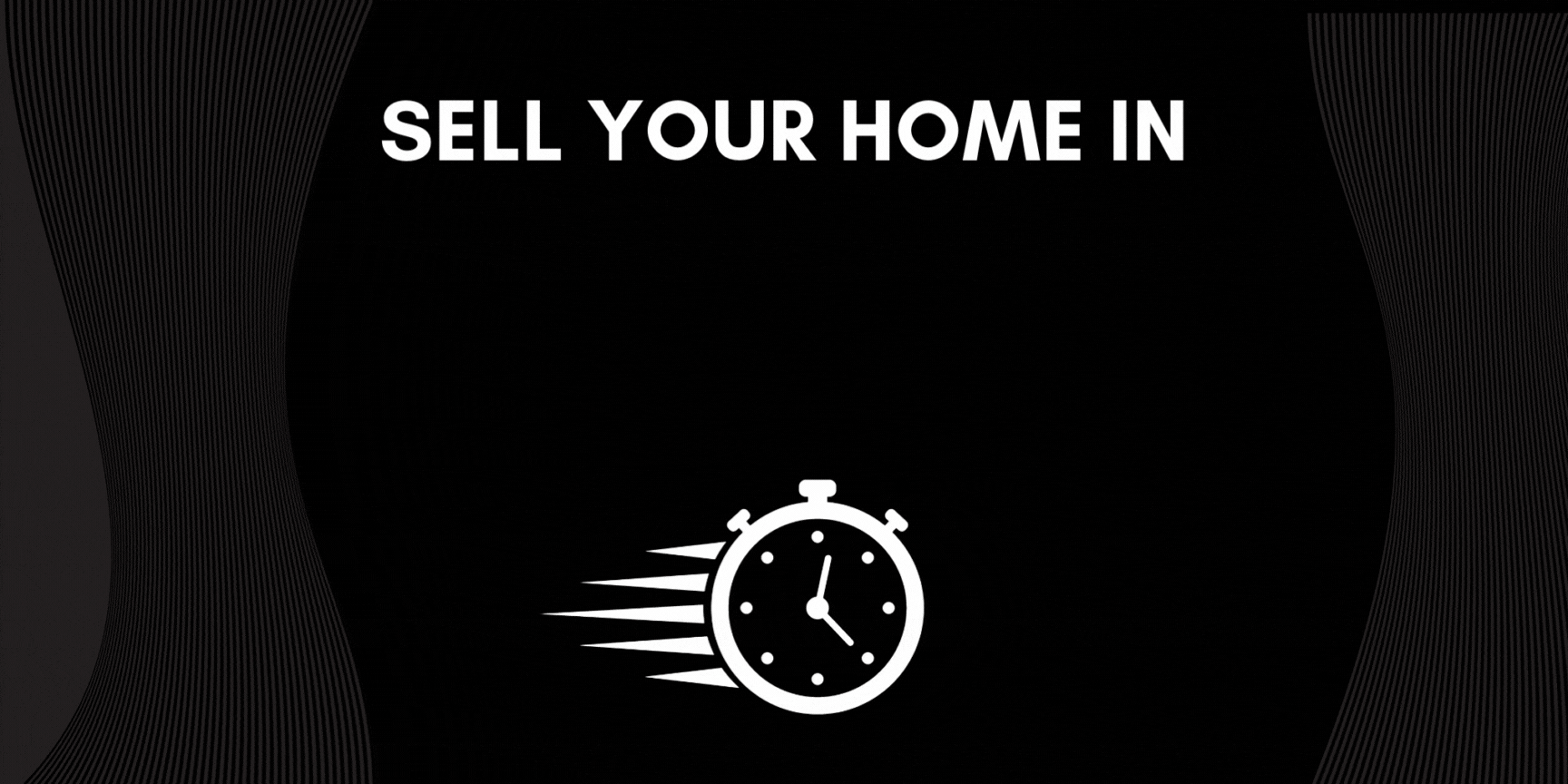Key takeaways
Summary: Bridge financing can help Bay Area homeowners buy their next home first and avoid contingent offers—but the key is managing timeline risk, carrying costs, and a realistic sale plan so the transition stays smooth.
In an ideal world, selling your current home and purchasing your new dream house would occur simultaneously, with the sale of your current home – and the money from it – smoothly flowing from one closing to the next. However, the reality of real estate transactions can often be more complicated: that’s a lot of moving parts to manage, and with so many external dependencies, it’s a real challenge to make both sales happen in one fell swoop. This brings us to the concept of buying a home before selling your current one, a strategy that can offer numerous advantages in most situations. This guide will provide an in-depth look at how Bay Area homeowners can buy their next home before they sell using bridge financing.
Before delving into the details, it’s important to understand what ‘Buy Before You Sell’ means. This approach involves purchasing a new property before selling your existing one. This strategy is increasingly being used by Bay Area homeowners who need to relocate easily or those who have found their dream home and don’t want to risk losing it while waiting for their current property to sell.
How Buy Before you Sell Works for Bay Area Homeowners
There are a number of lenders who provide buy before you sell financing for Bay Area homeowners – scroll down to see the list I’ve put together. Each of these companies has their own twist on the process, with varying timelines, fees, interest rates and hoops to jump through. But here is how these programs work, conceptually:
Most buyers will get simultaneously approved for two loans: a short term loan (what I’ll call the “purchase loan”) used to purchase your new home, and a long-term traditional mortgage (the “take out loan”) to take out the short-term loan on your new home, after you own it and after you sell your current home.
Of course, some people will not need a “take out loan,” if the equity in their current residence is sufficient to pay off the purchase loan on the new home, or they can bring additional cash in to the transaction sufficient to pay off the bridge loan.
Getting approved for the short term purchase loan is mostly a question of determining the amount of equity you’ll be moving from your current home into your new home, coupled with how much of a mortgage you can be approved for on the long-term “take out” loan.
To help understand this, let’s use an example scenario. You have a home in the Bay Area that has a fair market value of $2,000,000. The lender is going to use some kind of automated valuation model (AVM) to confirm that, and may ask your REALTOR to also provide a Comparative Market Analysis (CMA) to back that up. After paying off your existing mortgage, your closing costs, and capital gains taxes, it is estimated you will have $1,200,000 cash to move into your new home purchase.
The new home you want to buy will cost $1,700,000, and here’s where the short term financing comes in. Some bridge financing lenders will loan you 100% of the purchase price of your new home – including the closing costs, too. Other bridge financing lenders may require that you contribute some cash – 5% or so, but this can usually be borrowed from some other source like perhaps a HELOC.
But assuming you are buying a $1,700,000 new home and bringing in $1,200,000 equity from the sale of your current home, that means you will need to refinance the purchase of the new home, after you sell your current home. You will need a $500,000 long-term mortgage, plus the $1,200,000 cash you are bringing in, to pay off the short-term $1,700,000 bridge loan.
It may be that you your new home will cost the same or less as the equity you’ll be bringing in – in which case, you won’t need a take-out loan, you will just pay off the bridge loan in cash when your current home sells.
Selling your Current Home
It’s important to understand that you will have a limited time to sell your current home, after you complete the purchase of your new home. This will vary from lender to lender and program to program. Some programs will allow only a short time to sell your original home – perhaps only three months. Other programs may allow more time for you to sell your current home, but if so, the holding costs will typically be very high – you’ll likely be paying interest on your large purchase money loan, as well as the mortgage on your current home. This means that even if you are given 6-12 months to sell your current home, the cost of doing so may be quite high, so getting the home sold quickly will be important, regardless.
While you may feel pressure to get your current home sold quickly after you’ve completed the purchase of the new home, remember that you can likely negotiate a 1-2 month rent back for yourself after you close the sale of your current home. This means that it’s easy to imagine that the total time you’d have to move from your current home to your new home could easily be 3-4 months:
- Close Escrow on the New Home: 3 Weeks
- Find a Buyer for your Current Home: 4 Weeks
- Close Escrow for your Current Home: 4 Weeks
- Rent Back in your New Home Before Moving: 6 Weeks
The Home Inspection for the Bridge Loan
It should also be noted that you will likely be required to get a home inspection on your current home before you will be approved for a bridge loan. This is because the bridge loan lender wants some assurance that there won’t be any issues with the sale of your current home that would limit its marketability or resale price due to condition issues.
Advantages of Buying Before Selling
Avoid the Stress of a Temporary Move
One of the main advantages of buying before selling is avoiding the need for a temporary move. When you sell your current home before purchasing a new one, you may need to find temporary housing until you close on your new property. Even if you have negotiated a rent-back into the sale of your current home, it will have a limited time and you’ll hear the clock ticking, putting you under a lot of pressure to find your replacement home chop-chop. This can be both stressful and costly, to say the least.
Securing Your Dream Home
In a competitive real estate market (which is pretty much every market anywhere near the Bay Area), desirable properties will usually sell quickly. By buying before selling, you can secure your dream home as soon as it comes onto the market, rather than risking it being snapped up by another buyer while you wait for your current home to sell.
In fact, if you’re like most people and you must sell your current home to buy the new one, you’d typically be making a contingent offer when buying the new home, which puts you at a distinct competitive disadvantage versus other buyers who don’t have that contingency – which means you stand a much higher chance of losing out on your favorite home if you aren’t able to make a super-competitive, knock-out offer with few or no contingencies.
Disadvantages of Buying Before Selling
While there are clear advantages to buying before selling, it’s also important to be aware of potential downsides.
Risk of Carrying Two Mortgages
The most significant risk of buying before selling is the potential for carrying two mortgages at once. If your current home doesn’t sell as quickly as anticipated, you could find yourself responsible for two mortgage payments. Some forms of bridge financing don’t require that you make two mortgage payments, but in many cases you will at least be paying interest on two mortgage loans, which could strain your finances.
Potential for Lower Selling Price
If you’re under pressure to sell your current home quickly to avoid carrying two mortgages, or because your bridge financing gives you a limited time to sell your current home, you may be more willing to accept a lower offer. This could result in you receiving less than the full market value for your property, meaning you would end up with less equity to move into your new home thereby increasing the size of the mortgage you may need to carry on the new home.
Evaluating the Real Estate Market
As with any real estate transaction, it’s crucial to evaluate the state of the market before deciding whether to buy before you sell your Bay Area home. This involves assessing both the market for your current home and the market in which you’re looking to buy. If homes are selling quickly in your current area but are on the market for longer in your desired location, you may find that you don’t actually need to use a “buy before you sell” strategy to secure your new home. In slower markets, it’s not uncommon for sellers there to accept offers contingent on the sale of a home in the Bay Area – because throughout California and the USA in general, it is known that people moving out of the Bay Area tend to pay top dollar for homes in their new area.
And while the Bay Area real estate market is generally pretty hot, not all neighborhoods are hot all the time. You need to be realistic about how long it may take to sell your current home, and be very conservative when estimating the resale price of your home, so you don’t end up biting more than you can chew in terms of your new home.
Companies Offering Buy You Before Sell Services
Several companies specialize in “buy before you sell” services. These companies offer solutions that can help homeowners unlock the equity in their current home to buy a new one before selling their old one. All of these work with homeowners in the Bay Area, but they do not fund loans for purchases in every state, so you need to do your homework. Here are a few examples:
Mason-McDuffie
Mason-McDuffie is a mortgage lender in California and they are brokering “buy before you sell” bridge loans from at least a couple of different lenders. Their terms and programs may vary, but to learn more about what they have to offer, I suggest you reach out to Victor Romero.
Knock
Knock provides a “Home Swap” service where they advance the funds to buy a new home before selling the old one. They also provide an interest-free loan for home preparations and repairs to help the old home sell for top dollar. Learn more at knock.com
Homeward
Homeward allows homeowners to make an all-cash offer on a new home before selling their current one. They also offer a leaseback option if the old home sells before the homeowner is ready to move. As of February 2024 they do not operate in California but they say they will “soon” be operating in our state. Learn more at homeward.com
EasyKnock
EasyKnock offers a “Sell and Stay” program where they purchase the home and lease it back to the homeowner, giving the homeowner the flexibility to stay in their current home while they shop for a new one. Learn more at EasyKnock.com
UpEquity
UpEquity has two different “buy before you sell” programs.
With Trade Up, UpEquity offers a solid, guaranteed deal on your current home, eliminating the need for a home sale contingency and enabling you to place a more compelling offer on your next home. Homeowners have the flexibility to use Trade Up independently or pair it with the Equity Advance option for added convenience.
Their Equity Advance is a contemporary alternative to a bridge loan lets you access the equity in your existing home, providing funds to support the purchase of your new property.
Learn more about UpEquity at UpEquity.com
SailBridge
SailBridge is mostly in the business of helping buyers make cash offers on properties (which are then taken out by traditional long-term mortgages after closing), but they do also have a “buy before you sell” program. Learn more about SailBridge at SailBridge.com
Remember, it’s essential to research each company thoroughly and understand their fees, terms, and conditions before deciding to use their services.
Conclusion
Buying a new home before selling your current one can be a viable strategy in certain circumstances. However, it’s essential to consider the potential risks and challenges, including the possibility of carrying two mortgages and the impact on your debt-to-income ratio. By assessing the market, preparing your home for sale, and considering services offered by companies like Orchard and Knock, you can navigate the process smoothly and successfully.
Frequently Asked Questions
What does “buy before you sell” mean?
How does buy-before-you-sell bridge financing work?
Do I always need a “take-out loan” after I buy?
How do lenders estimate how much equity I can use?
How long do I have to sell my current home after buying the new one?
Can I negotiate a rent-back to reduce moving stress?
Will I need an inspection for the bridge loan?
What are the biggest advantages of buying before selling?
What are the biggest risks of buying before selling?
Which companies offer buy-before-you-sell programs for Bay Area homeowners?
Santa Cruz County Luxury Homes For Sale
2
3
4
5
6
7
8
9
10
11
12
13
14
15
16
17
18
19
20
21
22
23
24
25





